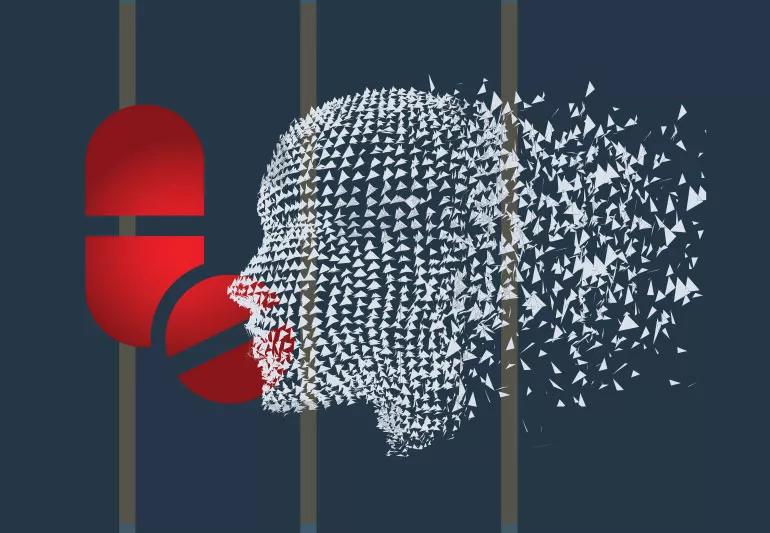Despite some disappointments, the pipeline isn't dry

Image content: This image is available to view online.
View image online (https://assets.clevelandclinic.org/transform/4b4df2af-12d5-417b-ad9f-18ca695ab2d0/alzheimersMeds-1076840468-770x553_jpg)
alzheimers medicine being tested and developed
More than 5 million Americans are living with Alzheimer’s disease — and eagerly awaiting new medications to treat it. While we sometimes hear that the Alzheimer’s drug development pipeline is dry, that’s not necessarily true, according to a new report.
Advertisement
Cleveland Clinic is a non-profit academic medical center. Advertising on our site helps support our mission. We do not endorse non-Cleveland Clinic products or services. Policy
“I hear over and over, when I give talks around the country, there’s nothing going on, there’s no hope, there’s nothing, no progress being made, [but] I know that this is an $8 billion industry and there’s massive amounts of research going on to the tune of 75 drugs in clinical trials right now,” says Marwan Sabbagh, MD, author of the research and Director of Cleveland Clinic Lou Ruvo Center for Brain Health.
The report explores drugs currently in clinical trials for treatment of Alzheimer’s disease, including how far along they are in development and how they work.
Earlier this year, researchers experienced a major setback when a highly anticipated drug targeting amyloid, a type of protein linked to Alzheimer’s that accumulates in the brain, failed.
While amyloid-targeting drugs aren’t making as much progress as researchers had hoped, Dr. Sabbagh says there are new ideas and products moving forward.
For example, more individualized Alzheimer’s treatments based on certain genetic characteristics are emerging. And some scientists are looking at bacteria’s role in Alzheimer’s disease.
Meanwhile, a blood test to potentially detect Alzheimer’s risk is on the horizon as well.
While we may not have a cure for Alzheimer’s yet, Dr. Sabbagh says every discovery helps doctors better understand the disease and leads science in the right direction.
Advertisement
“We’re not going to hit the home run here — we’re going to hit base hits, and we’re just going to keep chipping away at this incremental progress,” he says. “That’s how we’re going to make this disease something we can manage better.”
Advertisement

Delivered every Tuesday!
Sign up for our Health Essentials emails for expert guidance on nutrition, fitness, sleep, skin care and more
Learn more about our editorial process.
Advertisement
It’s critical to understand the wishes of your loved one and seek their involvement whenever possible
Your loved one may need help with daily activities, managing nutritional challenges and adapting their living space
Finding the causes of weight loss is key to treatment
Prevention and preparation can help you keep your loved one safe
Two-thirds of Americans with Alzheimer’s are women
This connection is yet another reason to seek help for OSA
Research on better diagnosis and treatment continues
The difference between normal aging and issues that affect your independence
Type 2 diabetes isn’t inevitable with these dietary changes
Applying a hot or cold compress can help with pain
Pump up your iron intake with foods like tuna, tofu and turkey